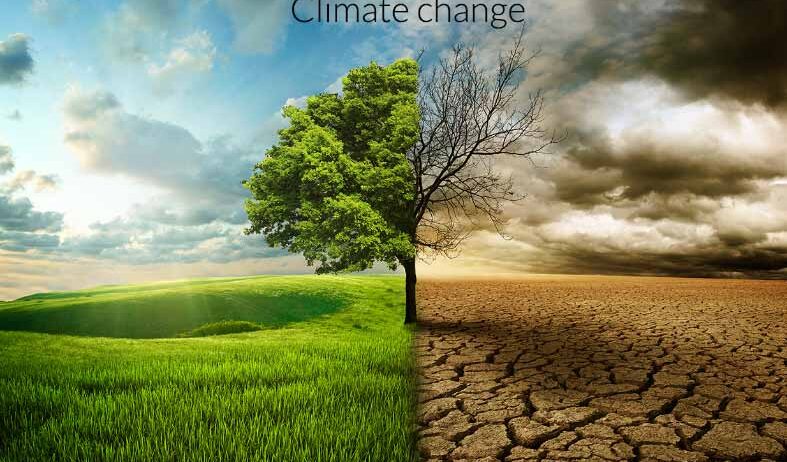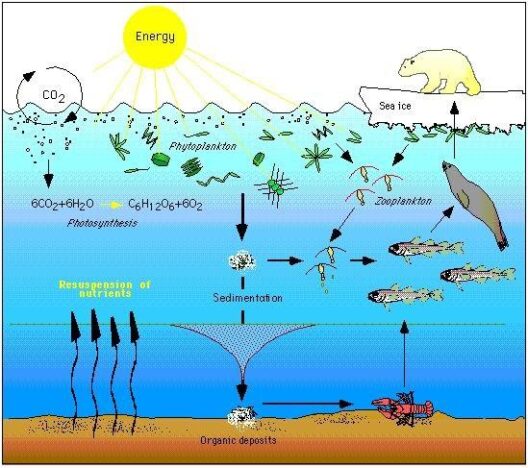The unprecedented challenges posed by climate change have become a pressing issue for humanity. As evidence mounts indicating the rapid deterioration of our planet’s ecosystems, a multifaceted approach is essential to address and ameliorate the climate crisis. This article delves into various strategies, addressing both individual actions and systemic changes necessary to improve the climate situation before it becomes irrevocably dire.
Understanding the Urgency
The scourge of climate change is not solely an environmental concern; it permeates economic stability, public health, and social equity. Rising global temperatures, shifting weather patterns, and increasingly frequent natural disasters are not isolated phenomena but rather symptoms of a larger, systemic problem. Scientific consensus indicates that immediate action is imperative. The longer decisive action is delayed, the more difficult and costly it will become to stave off its catastrophic effects.
Enhancing Energy Efficiency
One of the most impactful ways to address climate change is to enhance energy efficiency across all sectors. Buildings, for instance, are significant contributors to greenhouse gas emissions. Implementing better insulation, energy-efficient appliances, and smart heating systems can drastically reduce energy consumption. Transitioning to LED lighting and utilizing programmable thermostats are straightforward yet effective measures that can be adopted by individuals and institutions alike.
In industry, the adoption of more efficient manufacturing processes can lead to substantial reductions in carbon emissions. Moreover, encouraging data centers and technology companies to utilize more sustainable practices can significantly curtail energy waste. The adoption of circular economy principles further complements these efforts by promoting the recycling and re-utilization of materials, thus diminishing the demand for energy-intensive production processes.
Advancing Renewable Energy
Transitioning from fossil fuels to renewable energy sources stands as a cornerstone of climate mitigation. Solar, wind, hydroelectric, and geothermal energy present sustainable alternatives that can significantly reduce carbon footprints. Governments should incentivize investments in renewable technologies by providing tax credits, grants, and subsidies to promote energy independence and sustainability.
Moreover, empowering communities through decentralized energy systems can foster resilience and reduce vulnerability to climate-related disruptions. Local solar farms or wind turbines can provide power directly to neighborhoods, thus ensuring that energy generation aligns more closely with consumption needs and minimizes transmission losses.
Fostering Sustainable Transportation
Transportation is another crucial sector contributing to greenhouse gas emissions. To effectively combat climate change, the shift toward sustainable transportation options is essential. The promotion of public transportation systems, cycling infrastructure, and pedestrian-friendly urban planning can significantly reduce the reliance on personal vehicles.
Investing in electric and hybrid vehicles is another way to diminish fossil fuel dependency. However, it is essential to ensure that the electricity powering these vehicles comes from renewable sources, thus completing the sustainability loop. Innovations such as ride-sharing services and electric scooters can also contribute positively to reducing emissions in urban areas.
Encouraging Sustainable Agriculture
As the world grapples with food security alongside climate change, agriculture must evolve to adopt more sustainable practices. Conventional farming often leads to soil degradation, deforestation, and biodiversity loss, all of which exacerbate climate issues. Techniques such as regenerative agriculture, agroforestry, and permaculture emphasize the integration of ecological principles into farming practices.
Furthermore, promoting plant-based diets can significantly reduce the carbon footprint associated with meat production. Educational campaigns informing consumers about the benefits of sustainable eating can motivate shifts in dietary norms, culminating in a collective impact on greenhouse gas emissions.
Legislative and Policy Measures
While individual actions are vital, systemic change at the governmental level is imperative for any meaningful progress. Legislation must reflect the gravity of the climate crisis, enacting policies that limit emissions, protect natural habitats, and promote sustainable development. Implementing carbon pricing mechanisms can serve both as a deterrent against excessive emissions and as a source of funding for climate mitigation projects.
Additionally, international collaboration is crucial in fighting climate change. Treaties and agreements, such as the Paris Agreement, provide frameworks for nations to commit to emission reduction targets and adapt to changing climate conditions. Sharing technological advancements and resources will foster a global effort to tackle these challenges collectively.
Engaging Communities and Raising Awareness
Ultimately, addressing climate change transcends government action and policy frameworks. It necessitates an informed and engaged citizenry willing to participate in the dialogue surrounding environmental challenges. Grassroots movements have proven effective in raising awareness and effecting change at local levels. Educational initiatives that inform communities about the consequences of climate change and the importance of sustainability can inspire multidimensional action.
Social media platforms can also serve as powerful tools to disseminate information and galvanize public support for environmental initiatives. Through collective action, communities can hold corporations and policymakers accountable, ensuring that climate action remains at the forefront of public discourse.
Conclusion
The intricate web of climate challenges facing the planet demands a comprehensive and proactive response. By enhancing energy efficiency, advancing renewable energy, transforming transportation systems, promoting sustainable agriculture, advocating for robust legislative measures, and engaging communities, humanity can pave a pathway to a sustainable future. The time for decisive action is now, for the fate of the planet rests upon the choices made today. Only through collective efforts can we aspire to mitigate the adverse effects of climate change and secure a thriving planet for future generations.





